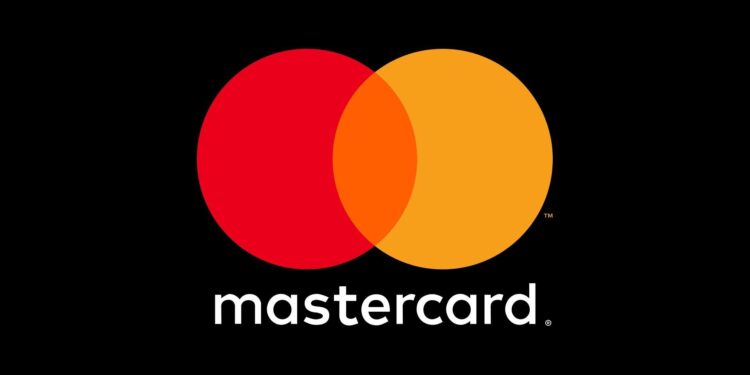According to a CNBC report, Mastercard has partnered with Paxos to offer crypto trading services with the help of banks.
Mastercard appears to be a messiah driving the financial sector using blockchain technology by adding more valuable integrations to the network. Mastercard believes that digital assets and central bank digital currencies (CBDC) have the potential to lead the future of blockchain and bring a significant transition to crypto’s financial landscape. One of the biggest financial institutions in the US, Mastercard, has recently partnered with Paxos to roll out its crypto trading services.
Mastercard Sets Eyes On Mass Adoption Of Crypto
Mastercard, an American multinational financial services corporation headquartered in New York, has achieved the ability to utilize crypto in the digitalisation era. The future road of crypto seems to be smooth as the payment giant has identified some key factors to work on. According to a report, Mastercard recently partnered with Paxos, a crypto trading platform which PayPal already uses to offer trading services with banks.

The payment giant will act as a bridge to minimize the gap between crypto traders and digital assets. According to the report, Mastercard will cooperate with the regulatory framework and security for banks, which are the two main reasons that force banks to stay away from digital assets. It is to be highlighted that the payment giant had earlier initiated a service that allows issuers to assess the risk profile of crypto exchanges.
In an interview with CNBC, Mastercard’s chief digital officer, Jorn Lambert, said, “There’s a lot of consumers out there that are really interested in this, and intrigued by crypto, but would feel a lot more confident if those services were offered by their financial institutions. It’s a little scary to some people still.”
The payment giant mentioned that it would prioritize banks to keep them on the right side of regulation by following crypto rules, validating transactions and offering users anti-money-laundering and identity monitoring services. Mastercard will deploy its services in the first quarter of 2023 and then expand its services further across the world. However, Lambert declined, which banks the payment giant has signed up for this service.
Lambert said, “It’s hard to believe that the crypto industry will truly go mainstream without embracing the financial industry as we know it.”
Mastercard To Usher In Digital Era
This year, the crypto industry has witnessed a tough time as some crypto firms like Celsius went bankrupt, wiping billions of dollars from the crypto market. The crypto market has been highly volatile after the crash, resulting in less interest from crypto investors in investing in the market as some digital assets lost over half of their value this year. Elaborating on this, Mastercard’s chief digital officer said there is still a demand for digital assets based on polling; however, 60% of the users denied going back to crypto space and would rather test the waters through their existing banks.
Lambert said, “It would be shortsighted to think that a little bit of a crypto winter heralds the end of it — we don’t see that. As regulation comes in, there is going to be a higher degree of security available to the crypto platforms and we’ll see a lot of the current issues getting resolved in the quarters in the years to come.”

Large investment banks like Goldman Sachs, Morgan Stanley, and JPMorgan established focused crypto teams, but due to the recent bear market and high investment risks, these banks have avoided offering crypto services to users. Even JPMorgan CEO Jamie Dimon termed cryptocurrencies “decentralized Ponzis” at an Institute for International Finance event.
Payment giants Visa and Mastercard have been in a bullish mode this year as Visa partnered with FTX to offer crypto debit cards in 40 countries and has acquired more than 70 crypto partnerships. American Express is also actively looking for partnerships based on cards and stablecoins of the network. If everything goes well, crypto payments will have a bright future ahead as the industry has become a mainstream adoption in the financial sector.























